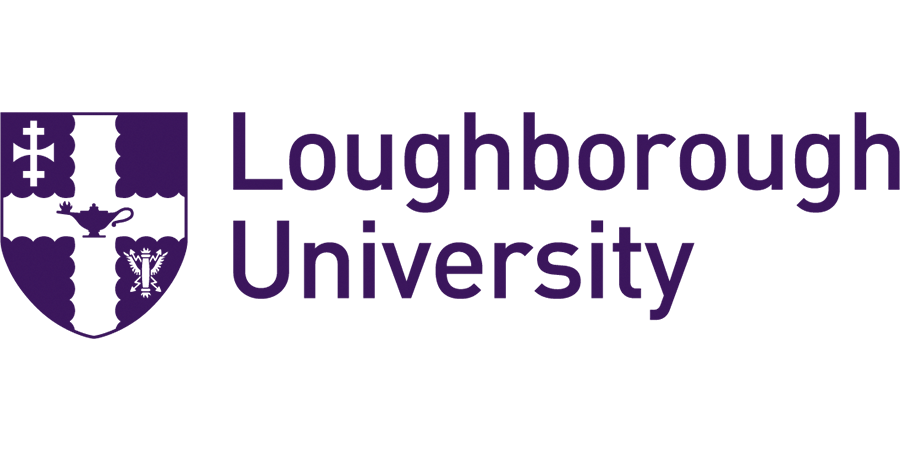PhD Studentship: Eco-Mimetic IoT: Nature-Inspired Microclimate Monitoring in Forests
Loughborough University - School of Mechanical, Electrical and Manufacturing Engineering
| Qualification Type: | PhD |
|---|---|
| Location: | Loughborough |
| Funding for: | UK Students, International Students |
| Funding amount: | £20,780 per annum (in 2025/26) |
| Hours: | Full Time |
| Placed On: | 23rd October 2025 |
|---|---|
| Closes: | 7th January 2026 |
| Reference: | CENTA2026-LU03 |
United Nations Sustainable Development Goal 15 aims to protect terrestrial ecosystems, manage forests sustainably, combat desertification, and halt biodiversity loss. Achieving this requires a deeper understanding of how environmental changes affect biodiversity, particularly through accurate microclimate monitoring. Forests, which host two-thirds of terrestrial life, exhibit highly variable microclimates that demand dense sensor networks and reliable data retrieval.
This project focuses on developing nature-inspired hardware to deploy Internet of Things (IoT) sensors in forest ecosystems. Combining traditional forecasting with IoT offers a cost-effective, long-term solution for continuous environmental monitoring. Central to this approach is the use of self-powered sensing (SPS) nodes, which harvest ambient energy and transmit data wirelessly, minimising human intervention and enabling monitoring in remote terrains.
SPS nodes can measure key environmental parameters such as temperature, humidity, soil moisture, and CO₂ levels. The proposed research will design an autonomous SPS node integrating bespoke energy harvesters (electromagnetic or piezoelectric) with sensors. The final deliverable will be a hardware demonstrator tested under real environmental conditions, contributing to smarter, more sustainable ecosystem management and supporting statutory obligations for innovative environmental monitoring.
Entry requirements:
Applicants will normally need to hold, or expect to gain, at least a 2:1 degree (or equivalent) in Mechanical Engineering, Electrical Engineering, Mechatronics and Control Engineering, Renewable Energy Systems Technology, Physics, or an appropriate Master’s degree.
English language requirements:
Applicants must meet the minimum English language requirements.
Funding information:
This studentship which is partially funded by NERC, provides a tax-free stipend of £20780 per annum (in 2025/26) and tuition fees at the UK rate for 3.5 years. It also provides a Research Training Support Grant (RTSG) of £8,000. Due to UKRI funding rules, no more than 30% of the studentships funded by this grant can be awarded to International candidates, but successful International candidates will have the difference between the UK and International tuition fees provided by the University.
How to Apply:
- Complete a CENTA studentship application form in Word format.
- All applications should be made online via the above ‘Apply’ button. Under Campus, please select ‘Loughborough’ and select the Programme “Mechanical and Manufacturing Engineering”.
Applications must include a CENTA studentship allocation form, a personal statement, curriculum vitae (CV), details of two referees (one from your highest degree qualification), certified certificates and transcripts for all completed degree programmes Please also quote the advertised reference number ‘ CENTA2026-LU03’ in your application.
Incomplete applications received after the closing date may not be considered for interview.
- Application closing date is midnight (UK time) on Wednesday 07 January 2026. Interviews for short-listed candidates are expected to be held sometime in the period Monday 02 February – Friday 13 February 2026.
Advert information
Type / Role:
Subject Area(s):
Location(s):









